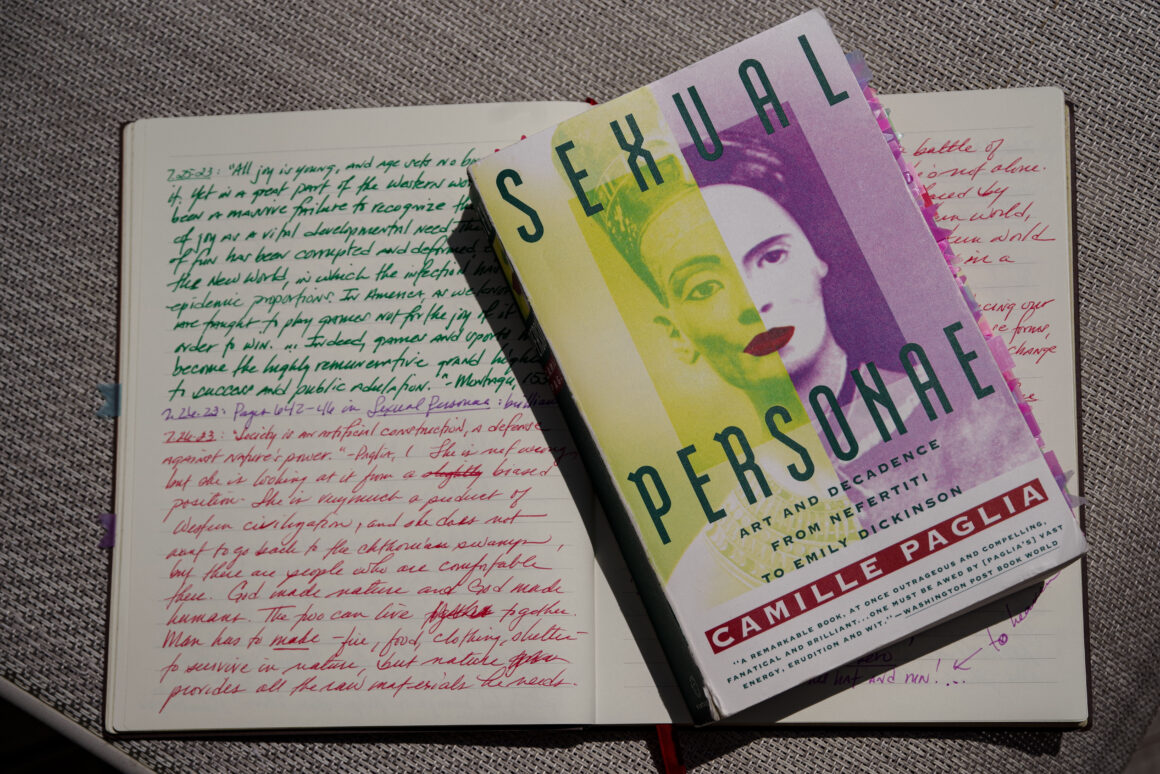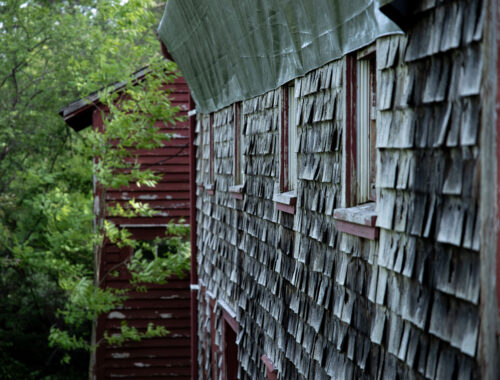
Back to the Beginning
Sexual Personae by Camille Paglia
From the second paragraph on page one:
“Society is an artificial construction, a defense against nature’s power.”
Paglia is not wrong, but she is working from a biased position (as we all do; we each take in the world through our own bodies, which no one else shares completely). Paglia is very much a product (a grateful product) of Western civilization, and she does not want to go back to the chthonian swamp, but—contrary to what she might assert—some people are comfortable there (men and women).
God made nature and God made humans. The two can live together in harmony. Man must make—fire, food, clothing, shelter—to survive in nature, but nature provides all the raw materials needed. Paglia overlooks this. It is a tooth-and-claw battle of man vs. nature for her, and she’s not alone. Her feelings and fears are shared by most of humanity in the Western world, but we were all raised by parents steeped in a common tradition.
“Society is a system of inherited forms reducing our humiliating passivity to nature. We may alter these forms, slowly or suddenly, but no change in society will change nature.”
Re-reading Graham Greene’s Burnt-out Case and The Heart of the Matter and comparing white colonists to the natives in how they interact with nature would be interesting. Same with The Heart of Darkness by Joseph Conrad, Ceremony by Lesley Marmon Silko, House Made of Dawn by N. Scott Momaday, and Things Fall Apart by Chinua Achebe.




